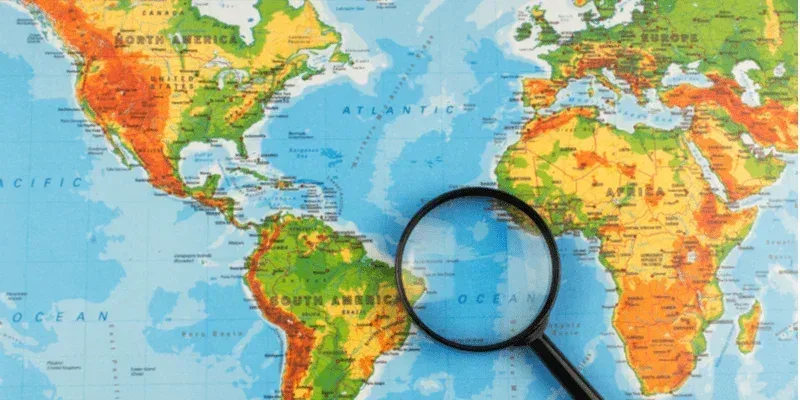International trade is one of the fastest ways to expand a business, but it comes with strict rules, high competition, and logistical challenges. Success depends on preparation—knowing the fundamentals, building the right partnerships, and staying compliant.
This guide gives new importers and exporters the exact steps to start strong and grow globally.
1. Understand the Core of Importing and Exporting
At its foundation, global trade revolves around two processes:
-
Importing – Bringing goods into your country, subject to customs clearance, duties, and regulatory approvals.
-
Exporting – Supplying goods abroad, which requires documentation, shipping arrangements, and compliance with destination regulations.
Note: Both require accurate paperwork, customs compliance, and reliable logistics partners. Businesses that master these fundamentals avoid costly delays and position themselves for long-term success.
2. Identify Profitable International Markets
Before committing capital, conduct thorough market research to ensure demand and profitability. Focus on:
-
Market Analysis – Determine product demand, customer behavior, and competitor presence.
-
Product Viability – Consider cultural fit, local regulations, and quality standards.
-
Regulatory Requirements – Check tariff schedules, customs procedures, and import/export restrictions.
-
Logistics Infrastructure – Evaluate shipping routes, freight forwarders, and customs brokers for efficiency.
Note: A data-driven approach to market entry reduces risk and increases the likelihood of strong returns.
3. Secure Reliable Logistics Partners
Global shipping isn’t just about moving cargo—it’s about trust. Choose freight forwarders, carriers, and 3PL providers with proven track records. A good partner helps you:
- Avoid port congestion delays.
- Optimize routes for lower landed costs.
- Manage warehousing and last-mile delivery efficiently.
4. Prioritize Product Standards & Certifications
Different countries impose different technical and safety requirements. Before shipping:
-
Verify whether your product needs certifications (CE, FCC, SASO, SABS, ICASA, FDA, etc.).
-
Align with sector-specific regulators (e.g., telecom, medical devices, food).
-
Maintain consistent quality checks across your supply chain.
5. Leverage Technology for Efficiency
Manual operations create delays. Modern import/export businesses gain an edge by using:
-
Digital platforms for customs clearance and e-filing.
-
ERP systems for tracking shipments and inventory.
-
AI/analytics tools to forecast demand, optimize shipping, and cut costs.
Final Thoughts
Success in importing and exporting depends on more than just moving goods—it requires compliance expertise, reliable logistics, secure finance, and the right technology to stay ahead in a complex global market. By building strong partnerships and mastering operational essentials, new traders can turn challenges into growth opportunities. Start your trade journey with confidence—contact us now.

